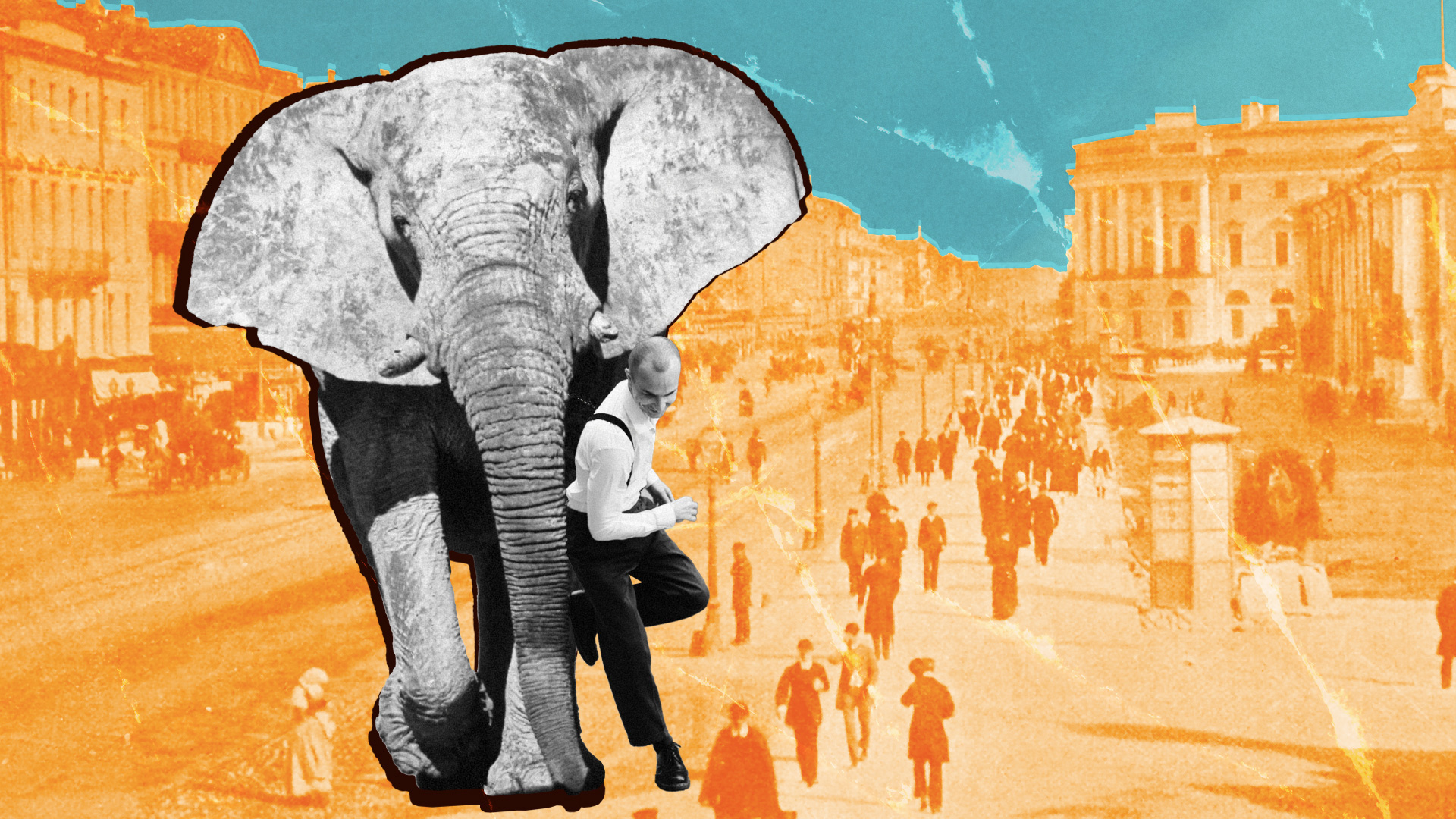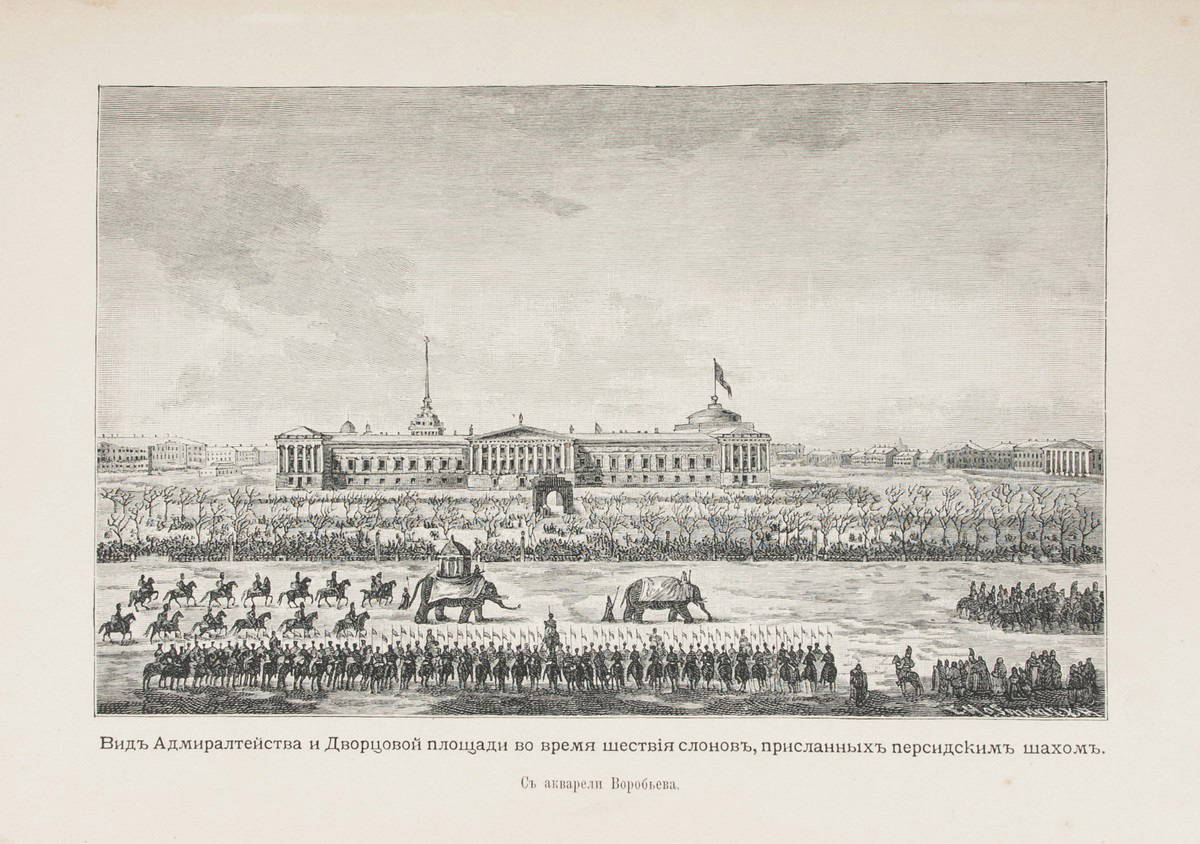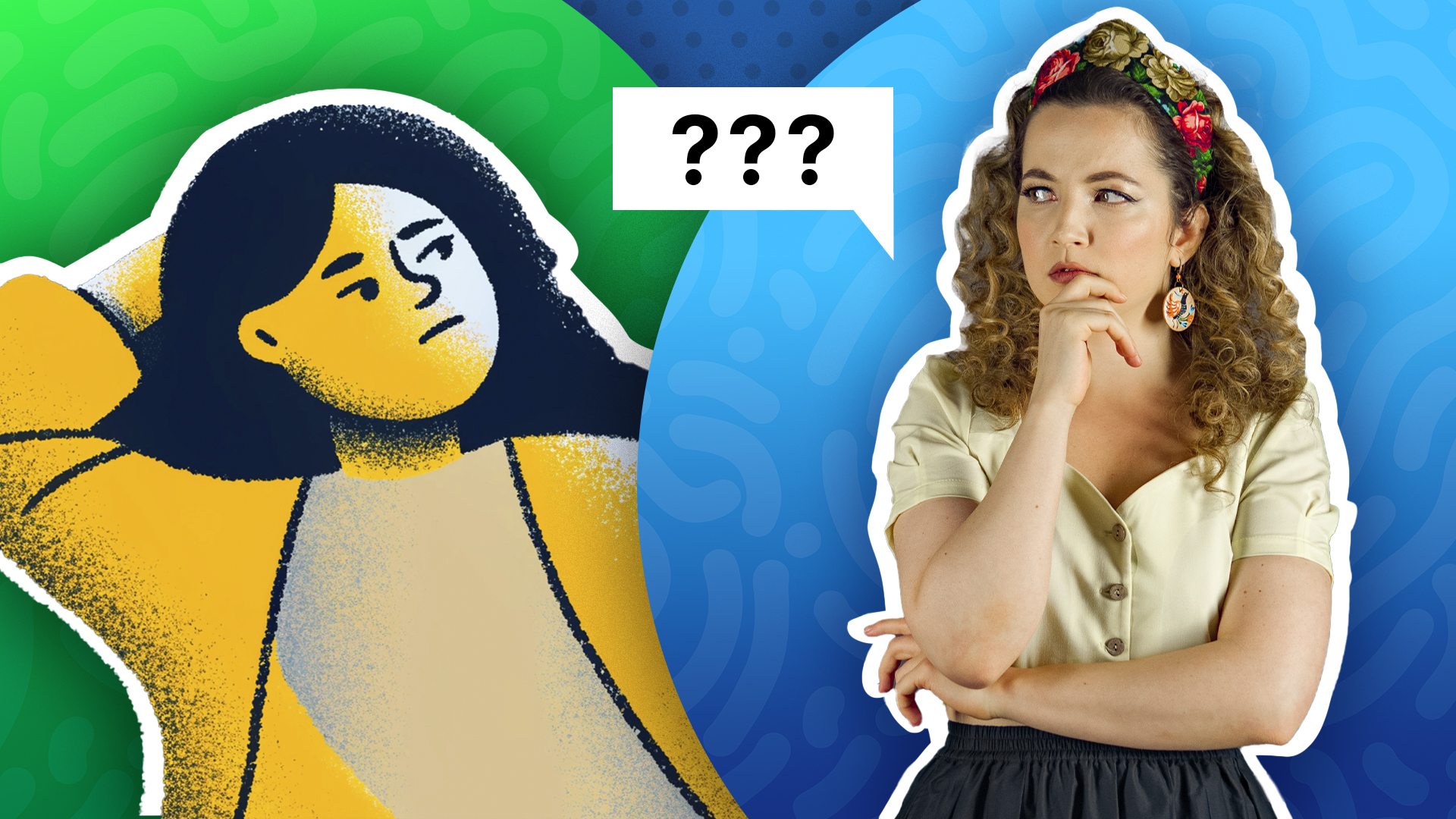
How did the verb “slonyatsya” come about?

Elephants were sent to St. Petersburg as gifts to Russian monarchs, and even “Elephant Yards” were built for them. They walked along Nevsky Prospect, to the delight of onlookers.

It is believed that these walks, when the elephants were accompanied by curious townspeople, became the source of the verb «слоняться» (“slonyatsya”) – “to wander”. It does seem logical, but experts disagree.
Philologists believe that the word goes back to the Proto-Slavic “sloniti (sę)” meaning «наклонять(ся), опирать(ся)», «заслонять» (“naklonyatsya”, “opiratsya”, “zaslonyat”), meaning 'to lean’, ‘to support', or 'to obscure'). “Slonyatsya’ denotes a repeated action – that is, ‘to lean alternately in different directions’, or ‘to stagger’. From this arose the derivative meaning «бродить взад и вперед» (“brodit vzad i vperyod”), or ‘to wander back and forth’) – «слоняться из угла в угол» (“slonyatsya iz ugla v ugol”) – ‘to wander from corner to corner’ and subsequently «бродить где-попало без особой цели» (“brodit gde popalo bez osoboi tseli”), meaning – ‘to wander around anywhere without a particular purpose’. «Я два дня слонялся по городу» (“Ya dva dnya slonyalsya po gorodu”), or ‘I wandered around the city for two days’, explains Maxim Russo, a research fellow at the Institute of Linguistics of the Russian Academy of Sciences.












